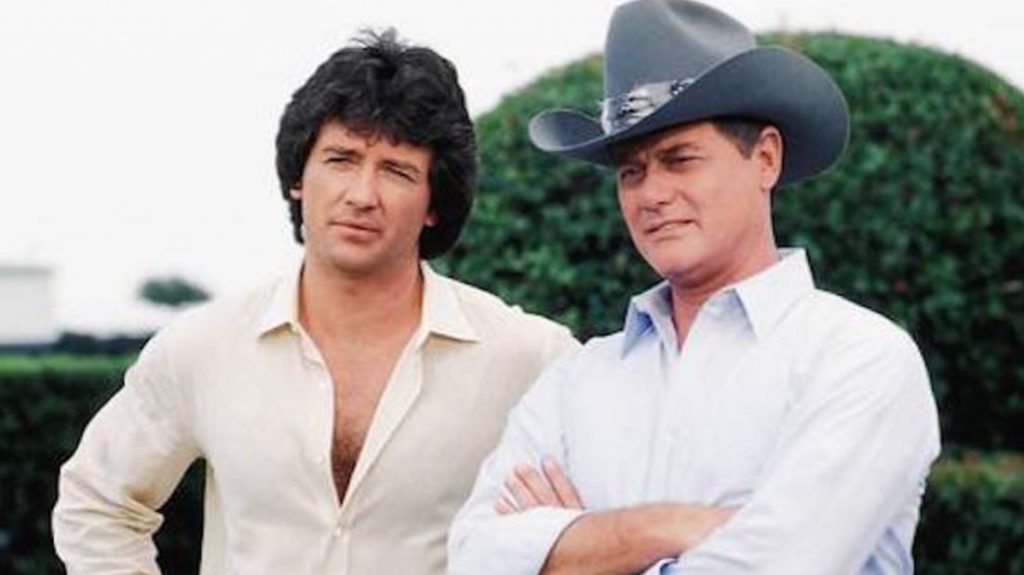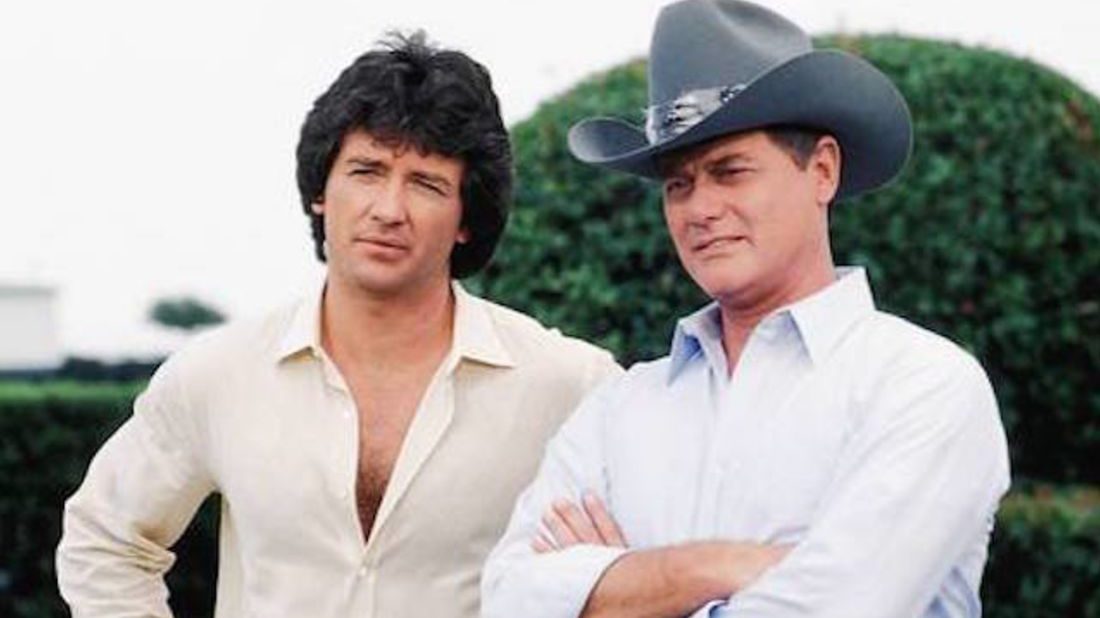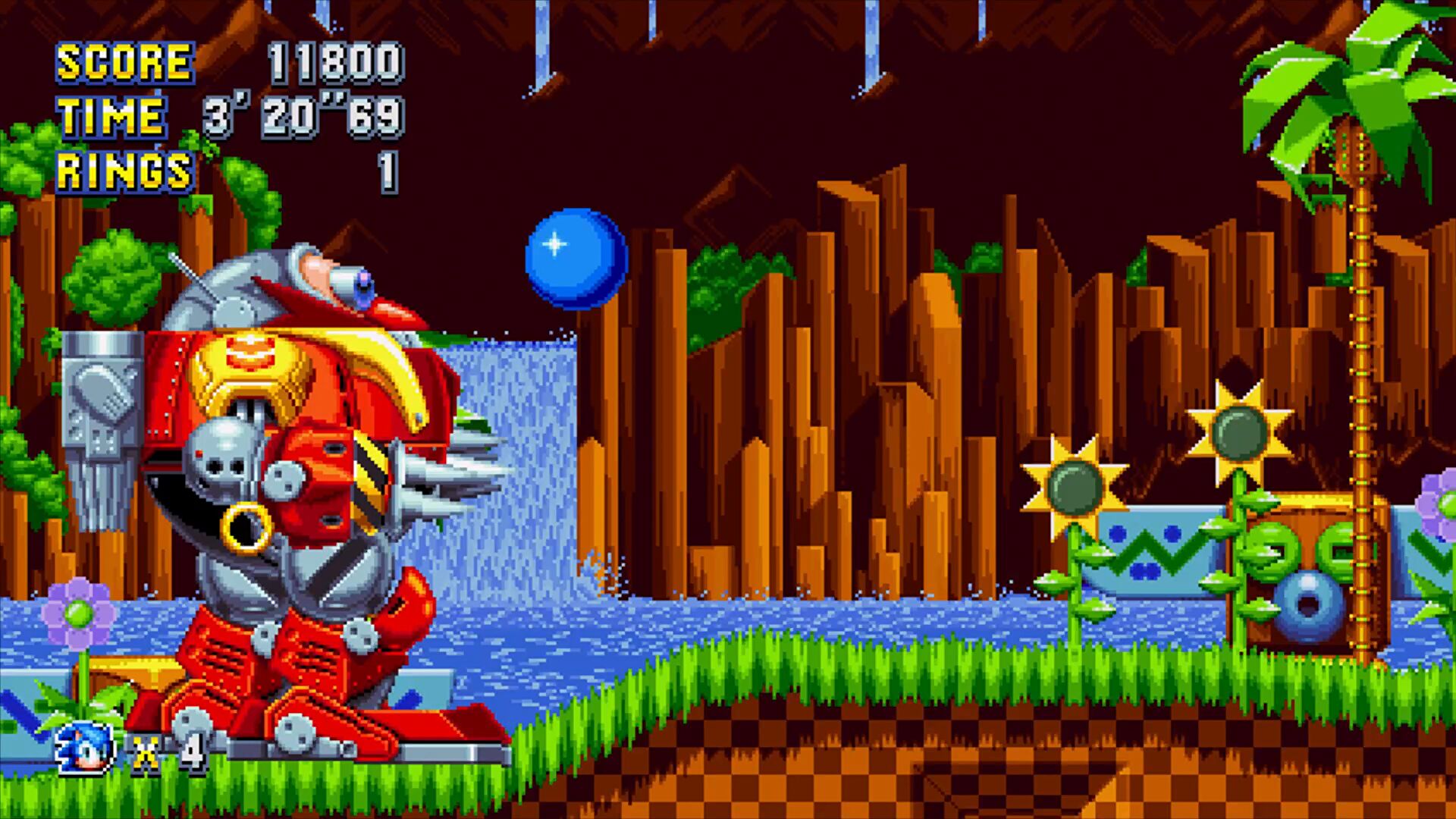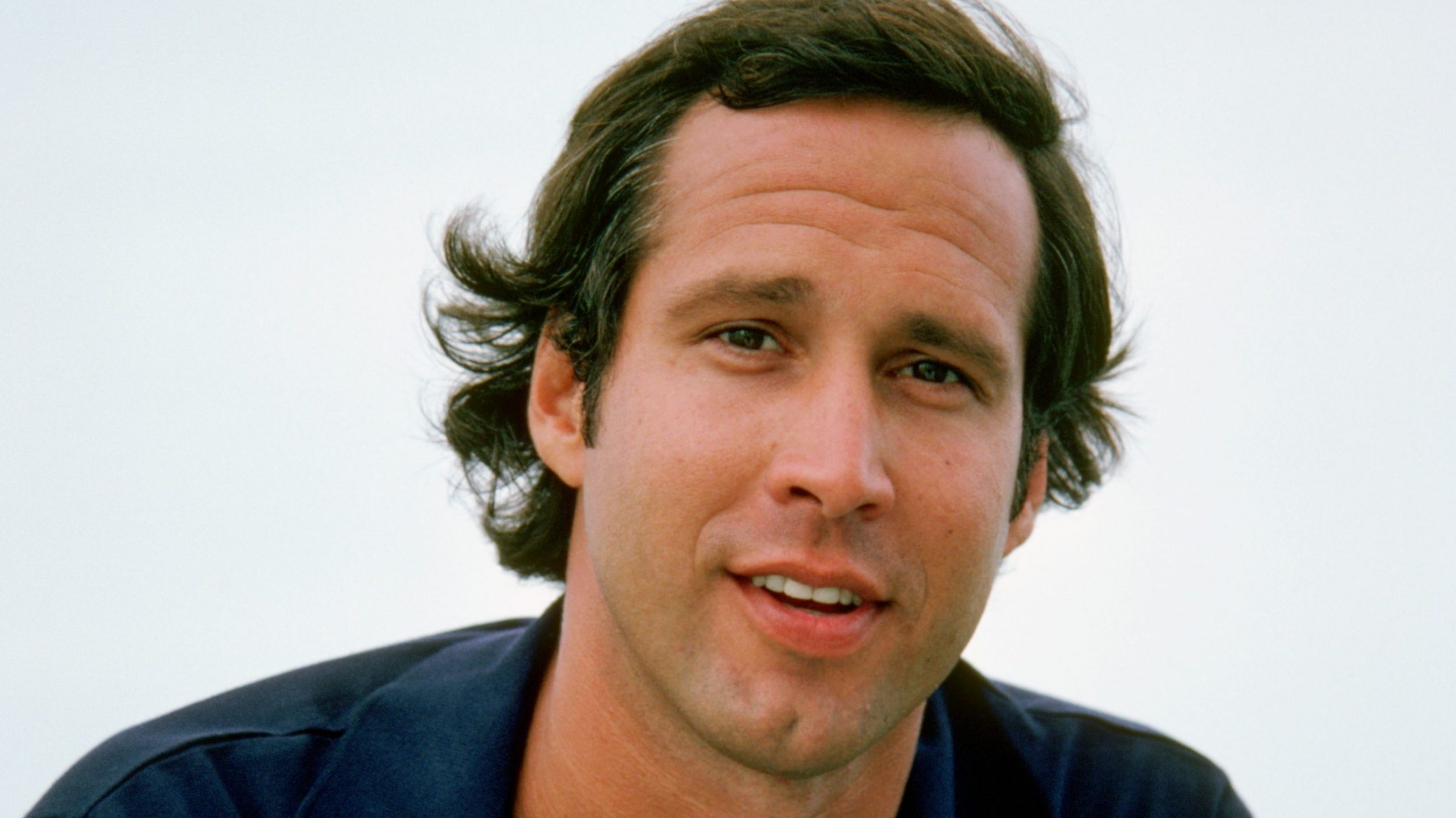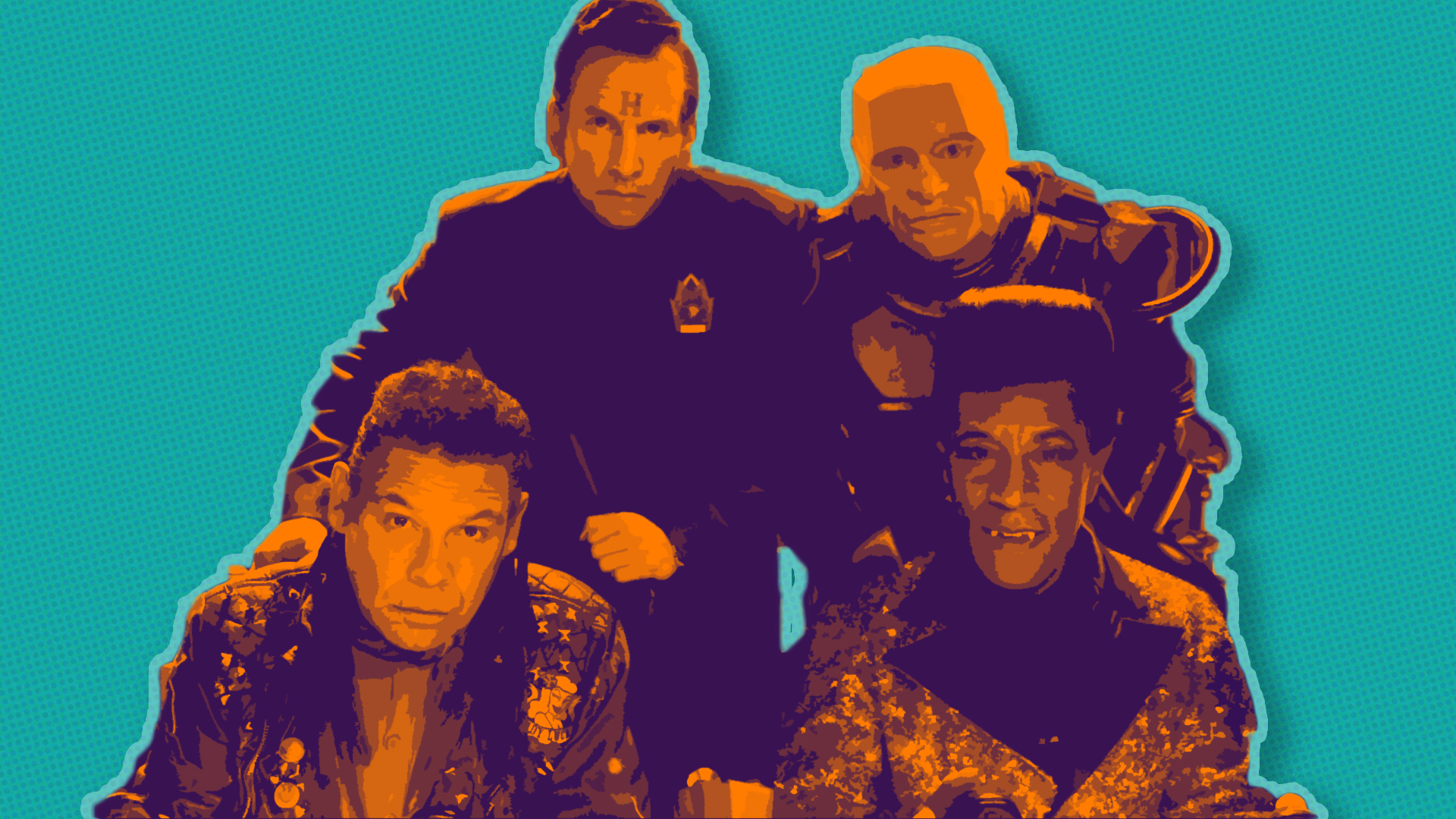This is the story of how Thames Television ended up paying the BBC to continue broadcasting Dallas.
At the end of the 1970s, Dallas was an instant hit for CBS. After just five episodes, the show was doing well in its Sunday night slot, and would finish the season as the 12th most watched show of the year. Inevitably, in 1978, it was being sold across the world, and it seemed like the natural fit for ITV here in the UK.
Which is why Worldvision Distribution offered it to the network.
ITV turned it down.
In part, this was because they had only seen the pilot, but also because they had already spent their import budget on other shows. This decision by Paul Fow (the head of the Film Distributon Group) and Leslie Halliwell, would haunt ITV, and Thames Television in particular, for years.
So, a couple of days later, Bill Cotton, then the head of acquistions, and Gunnar Ruggenheimer bought Dallas to the BBC.
In the US, Dallas was growing in popularity, and by its third season was the number one show across all the networks. Likewise, the show was being watched by a large audience on the BBC, airing on a Saturday night. As the show drew nearer to the moment of JR’s infamous shooting, the channel postponed the show, and instead aired it a little later on the Bank Holiday Monday. It was a shrewd decision, with some sources claiming the finale was watched by 24 million viewers. According the published JICTAR ratings though, it was more like 16.5m.

Who Shot JR? became a bit of a craze, and the BBC milked it for all it was worth.
The revelation of JR’s shooter was watched by 20 million UK viewers.
And ITV (in particular LWT) watched on, envious, and annoyed at what had slipped through their fingers.
By 1981, the show was getting a consistent Saturday night viewership of 12m, and it came up for rights renewal. LWT wanted the show, but there was a snag. Under the auspices of Michael Grade, the company had bid for the exclusive rights to the Football League, a move branded as Snatch Of The Day. After the fallout from this, the BBC and ITV companies had entered into an agreement that neither channel would attempt to outbid the other for a show that was currently showing on a network. In essence, the channel currently broadcasting a show would have first refusal on later seasons.
So, Bryan Cowgill and Michael Grade were in a bind. They wanted Dallas, but they couldn’t outbid the BBC. They could only match the offer. And Worldvision were wanting a huge £40,000 an episode for the renewal. The BBC were willing to pay £35,000, and LWT matched the offer.
That meant the BBC got the contract.
Lawsuits flew around, with the BBC claiming a breach of contract (claiming the company had conspired with LWT to inflate the price), and Worldvision suing for restraint of trade. LWT wanted none of it, and withdrew from the field, quietly pleased they had upped the cost to the BBC. However, Bryan Cowgill was left stung by the episode, and was still open to the possibility of obtaining the rights to Dallas.
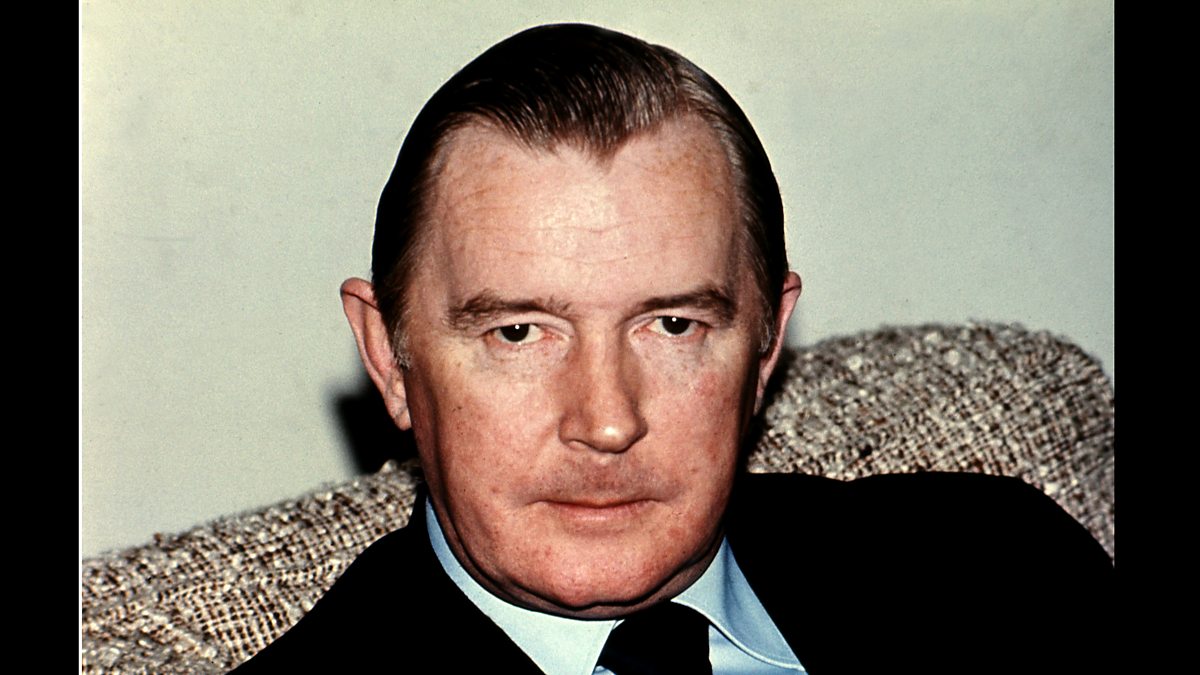
So, when the rights came up for renewal again in 1985, Cowgill, as head of Thames Television, decided to break the non-compete agreement, and bid £55,000 an episode for Dallas.
This enraged the BBC, now controlled by none other than Michael Grade, and didn’t exactly please the other ITV regions, some of whom vowed not to show Dallas at all, for fear of reprisals and bidding wars that would make things financially untenable.
For his part, Grade threatened to sabotage Dallas by holding back the BBC’s episodes for years, and the whole thing even spilled over onto the news.
That’s a pretty remarkable confrontation.
It seems an odd choice by Thames to go it alone on this purchase, especially considering the Dallas viewership was somehwat on the wane, dropping to number six in the States.
The US press was lapping it up though.
A fixture on the BBC since 1978, “Dallas” is one of the biggest TV hits in the United Kingdom. But, when the BBC recently wouldn’t go along with the new $60,000-per-episode “Dallas” rights fee imposed by the U.S. distributor, Worldvision, the rival Thames outraged the BBC by stepping into the breach.
LA Times, 5th April 1985
Thames, one of the independent companies comprising England’s commercially supported ITV, will air 26 new “Dallas” episodes starting in November.
Cotton and other top BBC officials reacted angrily. “When you air a program that long (since 1978), I think you could say it (the Thames action) is a low blow,” Cotton said. He refused to elaborate … England’s Independent Broadcast Authority, which loosely administers the ITV stations, called the Thames “Dallas” deal “most improper” and wanted it canceled … But Thames insisted that it was legally bound to honor the commitment, the source said.
… Although entitled to run 15 more “Dallas” episodes under its existing contract with Worldvision, it yanked the series from the air, intending to redeploy it in November opposite the “Dallas” episodes on Thames …
Meanwhile, Thames had plenty to say about the BBC. “We thought it was petty of them to take the show off the air,” said Thames public relations director Don Cullimore, the company’s spokesman throughout the controversy. “I like the BBC, so I hated to see the BBC make itself look foolish and almost like a disgrace,” he said.
Cullimore insisted that Thames acted honorably and acquired “Dallas” only after the BBC refused to meet a Worldvision deadline … The Thames acquisition of “Dallas” has raised speculation that Thames will also try to wrest the popular “Dynasty” (pronounced “Dihnasty” here) from the BBC when its contract with Metromedia lapses. “Definitely not,” promised Cullimore.
Under pressure from the other ITV companies, and also from the Independent Broadcasting Authority, Thames was forced to sell the rights back the the BBC at a substantial loss, and even fork over £300,000 in compensation.
Cowgill resigned, and went to work for Robert Maxwell’s satellite broadcasting company.
Dallas continued to run on BBC One, uninterupted, until it came to an end in 1991.
